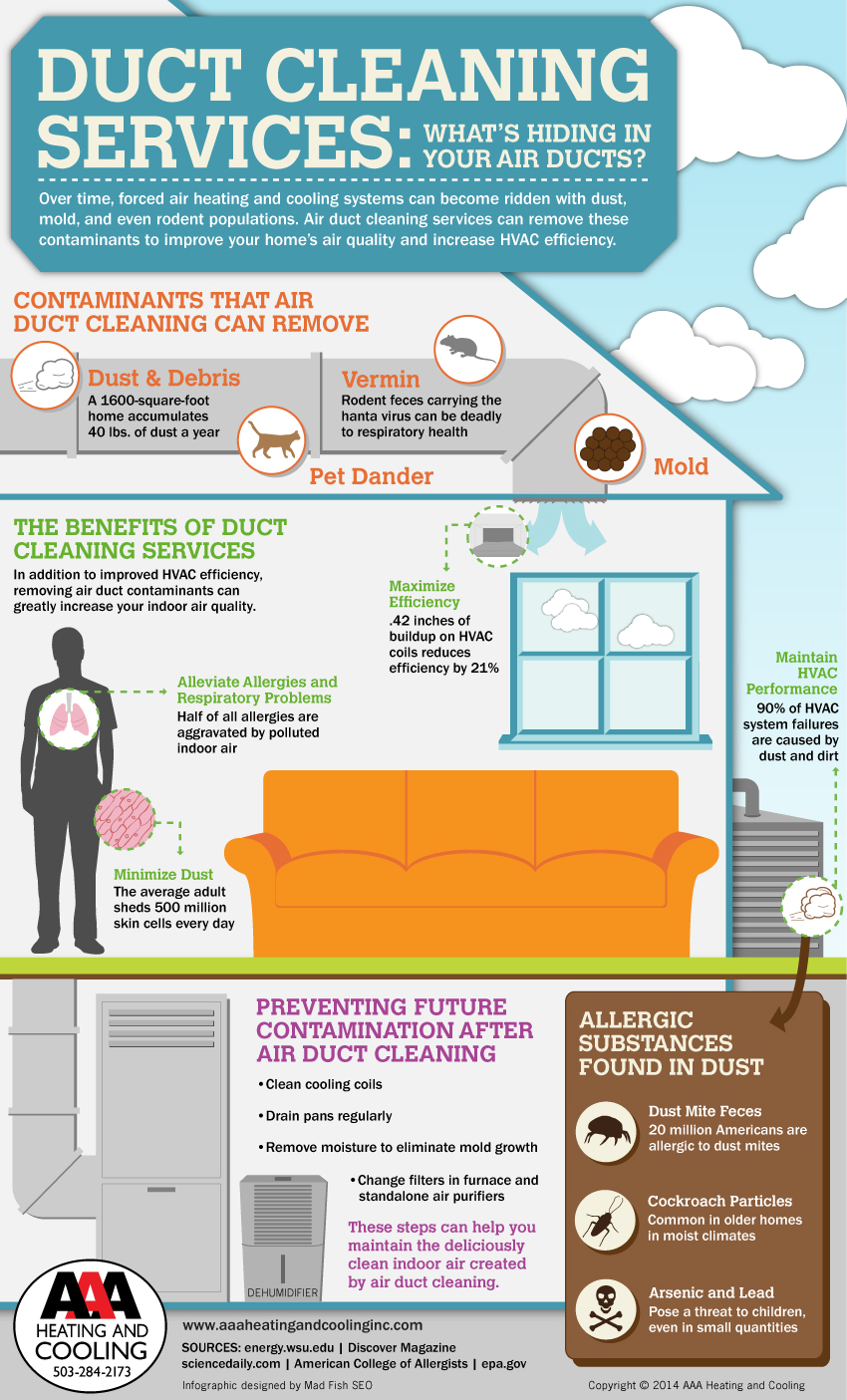The Future Of Home Heating - Exactly How Heatpump Innovation Is Advancing
The Future Of Home Heating - Exactly How Heatpump Innovation Is Advancing
Blog Article
Content Author-Svensson Oliver
Heat pumps will be a vital innovation for decarbonising home heating. In a scenario constant with federal governments' revealed power and climate commitments, their worldwide ability doubles by 2030, while their share in home heating rises to one-quarter.
They work best in well-insulated homes and rely on electrical power, which can be supplied from an eco-friendly power grid. Technological innovations are making them much more reliable, smarter and less expensive.
https://cbs2iowa.com/news/local/tips-to-address-common-heat-related-vehicle-issues-summer-car-trouble-aaa-dead-batteries-ties-air-conditioner use a compressor, refrigerant, coils and fans to move the air and warm in homes and home appliances. They can be powered by solar power or power from the grid. They have been getting popularity because of their low cost, peaceful procedure and the capability to create electrical power during peak power demand.
Some companies, like IdaTech and BG MicroGen, are working on fuel cells for home heating. These microgenerators can replace a gas boiler and produce a few of a home's electric demands with a connection to the electricity grid for the rest.
But there are factors to be unconvinced of using hydrogen for home heating, Rosenow says. It would be expensive and inefficient compared to other technologies, and it would certainly include in carbon emissions.
read more and Connected Technologies
Smart home modern technology permits home owners to link and regulate their gadgets remotely with making use of smartphone apps. For instance, clever thermostats can learn your home heating choices and immediately get used to maximize energy usage. Smart illumination systems can be regulated with voice commands and immediately shut off lights when you leave the area, lowering energy waste. And smart plugs can keep track of and manage your electrical usage, allowing you to recognize and restrict energy-hungry appliances.
The tech-savvy family shown in Carina's meeting is an excellent illustration of exactly how owners reconfigure area home heating methods in the light of brand-new smart home modern technologies. They depend on the tools' automatic features to perform day-to-day changes and regard them as a convenient means of performing their heating techniques. Therefore, they see no factor to adjust their methods additionally in order to enable flexibility in their home energy demand, and interventions aiming at doing so might deal with resistance from these families.
Electrical energy
Because warming homes make up 13% people emissions, a switch to cleaner alternatives can make a huge distinction. However the innovation faces challenges: It's expensive and requires substantial home remodellings. And it's not always compatible with renewable resource resources, such as solar and wind.
Up until recently, electrical heatpump were also pricey to compete with gas versions in a lot of markets. However new innovations in design and products are making them extra budget-friendly. And better chilly climate efficiency is enabling them to operate well also in subzero temperatures.
The next step in decarbonising home heating might be making use of warmth networks, which draw heat from a main resource, such as a neighboring river or sea inlet, and distribute it to a network of homes or structures. That would certainly lower carbon emissions and allow houses to benefit from renewable resource, such as eco-friendly electricity from a grid supplied by renewables. This option would be much less costly than changing to hydrogen, a nonrenewable fuel source that calls for new framework and would only decrease CO2 discharges by 5 percent if paired with boosted home insulation.
Renewable resource
As electrical power rates go down, we're beginning to see the exact same fad in home heating that has actually driven electrical autos right into the mainstream-- but at an even quicker speed. The strong environment case for electrifying homes has actually been pushed better by brand-new research study.
Renewables make up a substantial share of contemporary warmth usage, but have been provided limited policy interest worldwide contrasted to other end-use sectors-- and even less attention than electrical energy has. Partly, this shows a mix of customer inertia, divided incentives and, in lots of countries, aids for nonrenewable fuel sources.
New technologies can make the shift less complicated. For example, heat pumps can be made a lot more energy reliable by changing old R-22 refrigerants with new ones that do not have the high GWPs of their precursors. Some professionals also picture district systems that attract heat from a nearby river or sea inlet, like a Norwegian arm. The warm water can then be utilized for heating and cooling in a neighborhood.